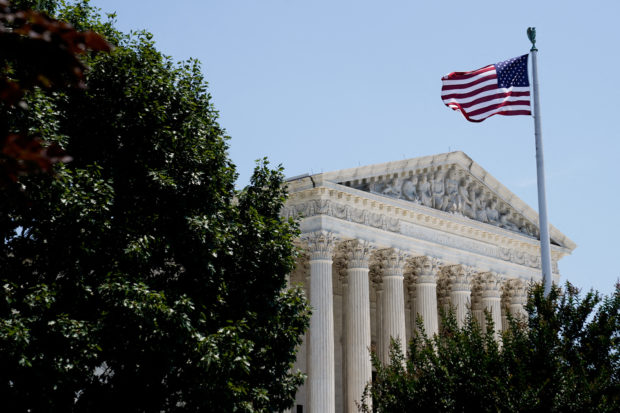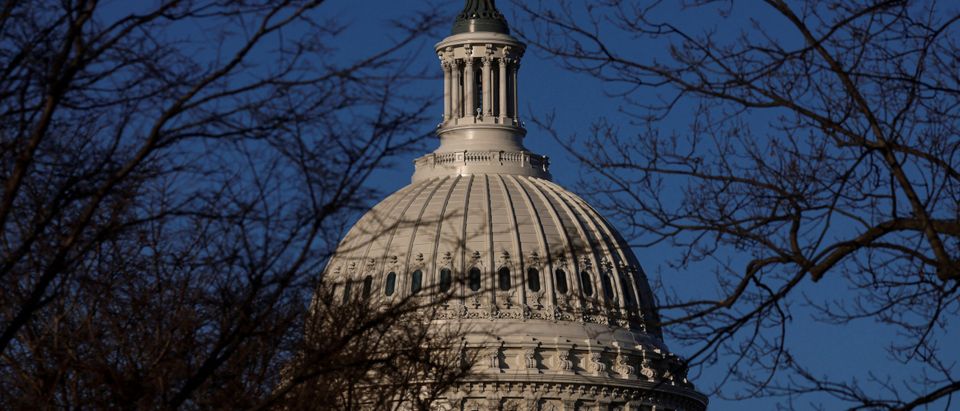Supreme Court Justice Elena Kagan said Congress doesn’t “know enough” so regulatory agencies should have more power in a dissent after the high court slashed the authority of the Environmental Protection Agency (EPA).
The high court ruled Thursday that the EPA doesn’t have the authority to pass sweeping regulations that could upend industries without congressional approval. The 6-3 decision limits how much the executive branch can force new regulations on its own.
The case was in regard to a 2015 plan from the Obama administration that aimed to reduce carbon emissions by shifting from coal to natural gas and other energy sources. The high court put a hold on it in 2016 and the Trump administration replaced the Clean Power Plan with the Affordable Clean Energy Rule. The new rule then made its way through the courts.
Chief Justice John Roberts said decisions “of such magnitude and consequence rests with Congress itself.” (RELATED: Top Biden Officials Reveal Plans To Continue Pushing Climate Agenda If Supreme Court Blocks EPA)

The U.S. Supreme Court building is seen in Washington, U.S., June 26, 2022. REUTERS/Elizabeth Frantz
“Capping carbon dioxide emissions at a level that will force a nationwide transition away from the use of coal to generate electricity may be a sensible ‘solution to the crisis of the day,’ But it is not plausible that Congress gave EPA the authority to adopt on its own such a regulatory scheme in Section 111 (d).”
Kagan dissented, arguing members of Congress are not experts on every topic and therefore certain agencies should have the authority to create policy.
“First, Members of Congress often don’t know enough- and know they don’t know enough – to regulate sensibly on an issue,” Kagan dissented. “Of course, Members can and do provide overall direction. But then they rely, as all of us rely in our daily lives, on people with greater expertise and experience. Those people are found in agencies. Congress looks to them to make specific judgments about how to achieve its more general objective. And it does so especially, though by no means exclusively, when an issue has a scientific or technical dimension.”
“Congress knows that systems of emission reduction lie not in its own but in EPA’s ‘unique expertise.'”
“Second and relatedly, Members of Congress often can’t know enough – and again, know they can’t – to keep regulatory schemes working across time. Congress usually can’t predict the future – can’t anticipate changing circumstances and the way they will affect varied regulatory techniques. Nor can Congress (realistically) keep track of and respond to fast-flowing developments as they occur.”


